
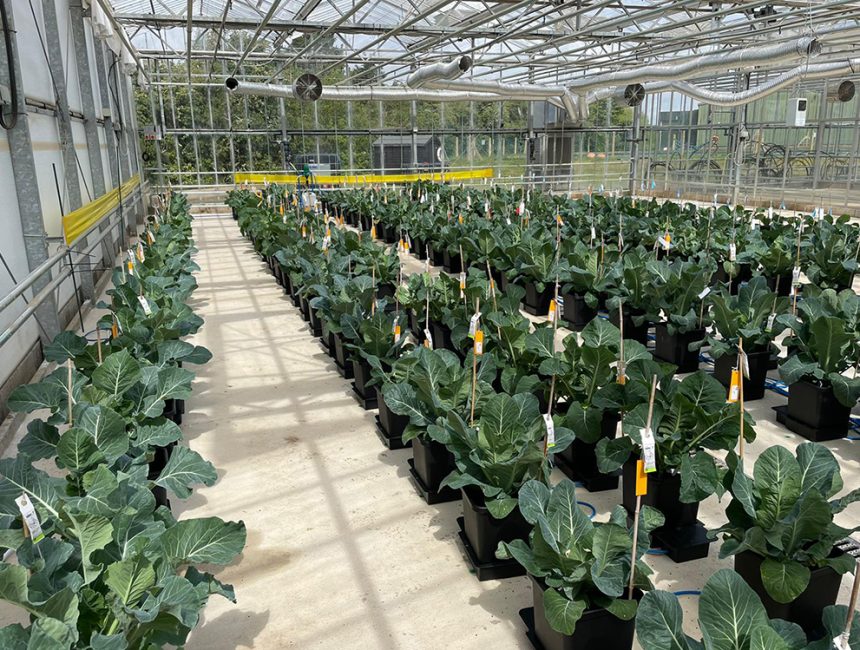
The seeds of a most auspicious relationship have been sown. Thrilled to learn that Sakata Seeds, a storied, richly cultured seed breeding corporation, had successfully trialed our watering systems, we recently visited their U.K. base. There, in deepest Lincolnshire, our MD Jason Ralph-Smith got a privileged peek at Sakata’s splendid facility, insights into their AutoPot use, and an initiation in the incredible history of this venerable company.
It’s a well-worn cliche that commercial enterprises can be ‘fascinating’ or ‘innovative’ in their activities. But if you are in any way engaged with horticulture, food production, or indeed history then Sakata proves the maxim that it’s a cliche because it’s true.
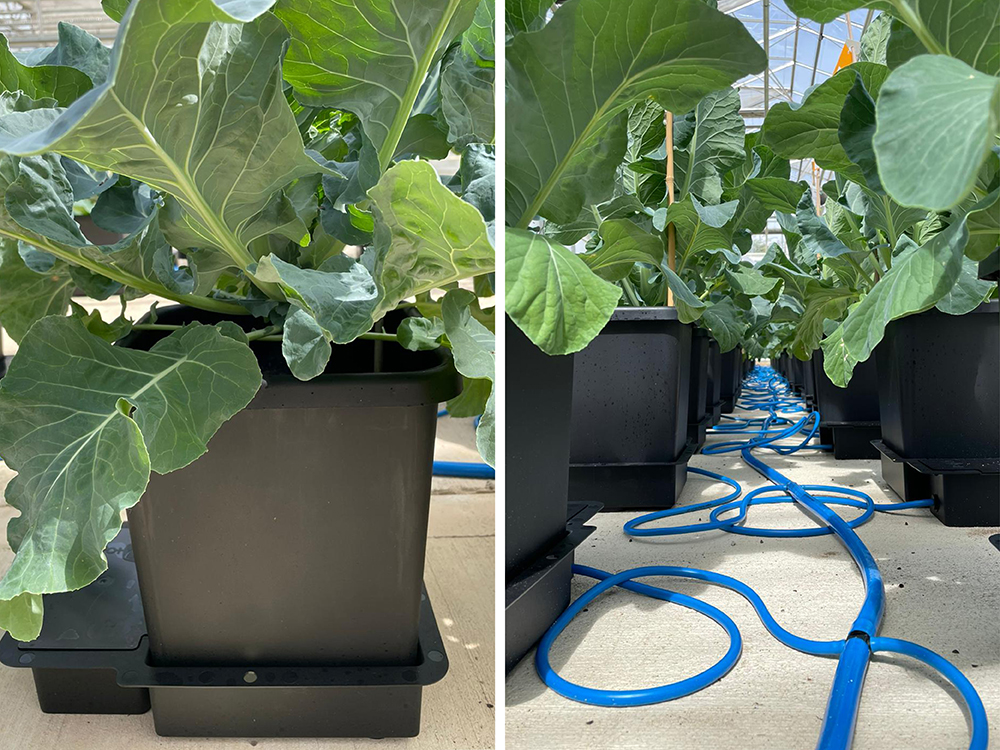
Like all the best stories, Sakata’s features a human at the heart of the narrative. Throughout his varied, wide-ranging life, company founder Takeo Sakata developed a vision of how science, consumer demand, ecology, growers influences, and human experience could make history in flower and crop production.
The company that is Takeo’s legacy has now been in business for 110 years, continually combining the best in plant varieties to create better vegetables and flora for the environment, for consumers, and for farmers. Take Tenderstem Broccoli for example.
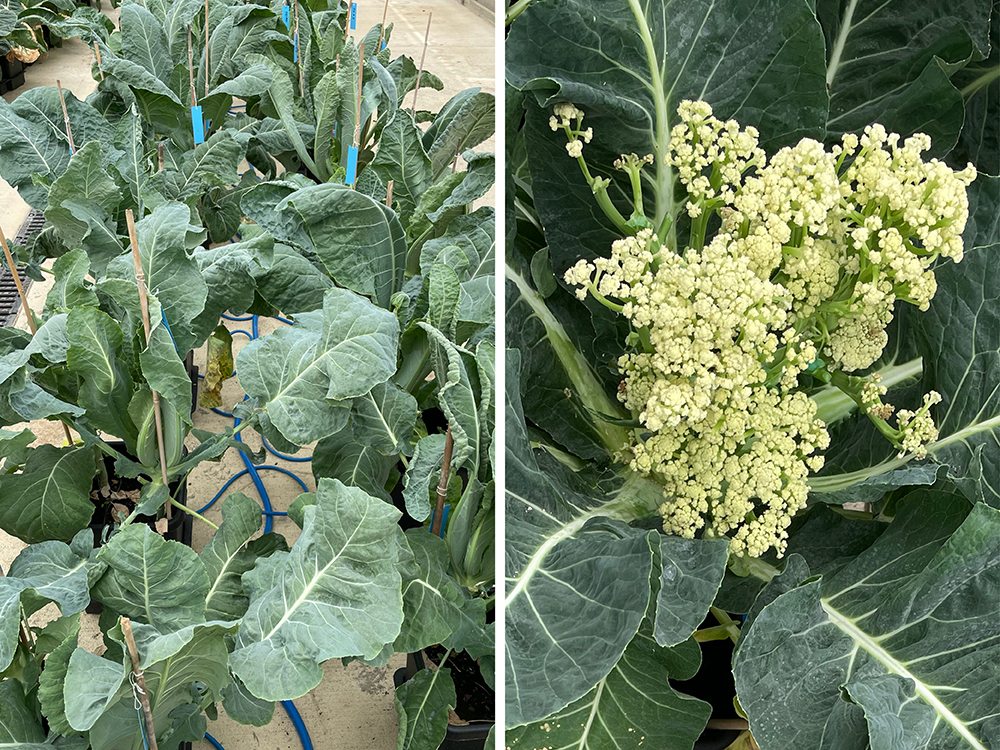
Possibly their most famous creation, Tenderstem is a perfect example of Sakata’s visionary development process. So ubiquitous has Tenderstem become in fields and on plates around the world that it is often assumed to be a naturally occurring variety. It’s a perfect fit, which in itself speaks volumes about Sakata’s attention to demands. Tenderstem is in fact just twenty-five years old and only the latest in a long line of Sakata success stories.
Tenderstem®️ is just one example of a Sakata innovation. The company pride themselves on creating high yielding, widely adaptable, quick-to-harvest plants with excellent agronomist traits such as weather tolerance, disease resistance or ease of harvest; adding value for growers over the world. Needless to say such seeds have a great appeal to growers. Doubling that appeal to farmers are the seeds ecological credentials.
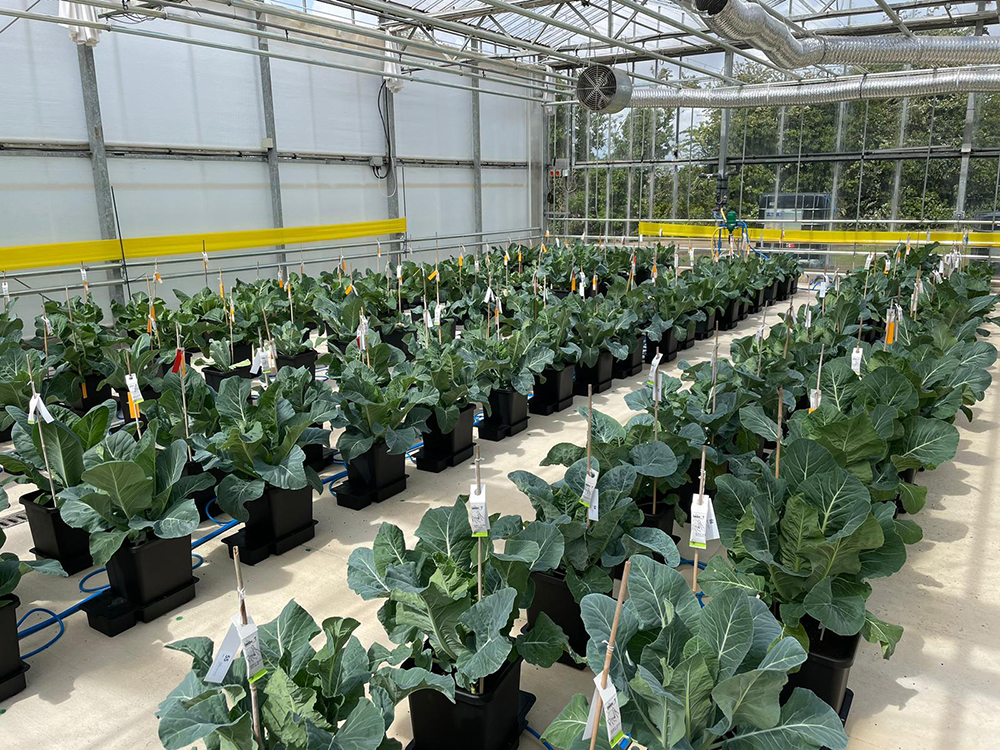
Sakata have always looked to develop plants that could be grown locally, with minimal energy input during production, and low reliance on pesticides. For farmers this means greater profitability, reduced overheads, and an accepting marketplace.
The virtuous circle is made complete by the overwhelmingly positive reception that such crops receive from consumers, who are able to enjoy varied, nutritious, low waste, sustainably sourced food. This drives Sakata’s onward development, and so the cycle resumes.
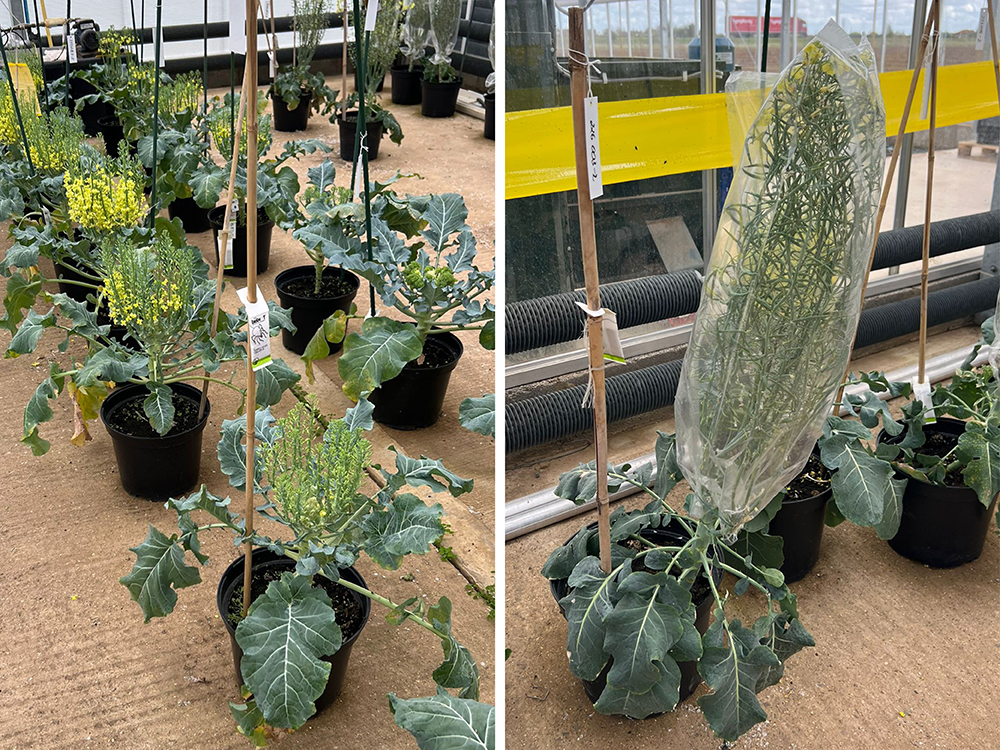
A key part of developing versatile seeds is proving their viability in-country. That means setting up breeding operations around the world, including in the U.K. where Sakata’s AutoPot trial has rapidly expanded into full-blown seed production. Having enjoyed great success with an initial run of twelve 15L / 3.9 gal 1Pot modules Sakata recently scaled up to a 350 module system.
Breeder Rory Blackbourn kindly described for us the advantages Sakata have found with AutoPot. ‘As each plant self regulates what water it needs there is no overwatering by hand or drippers and no excess water on the floor, reducing the humidity of the overall growing space’.
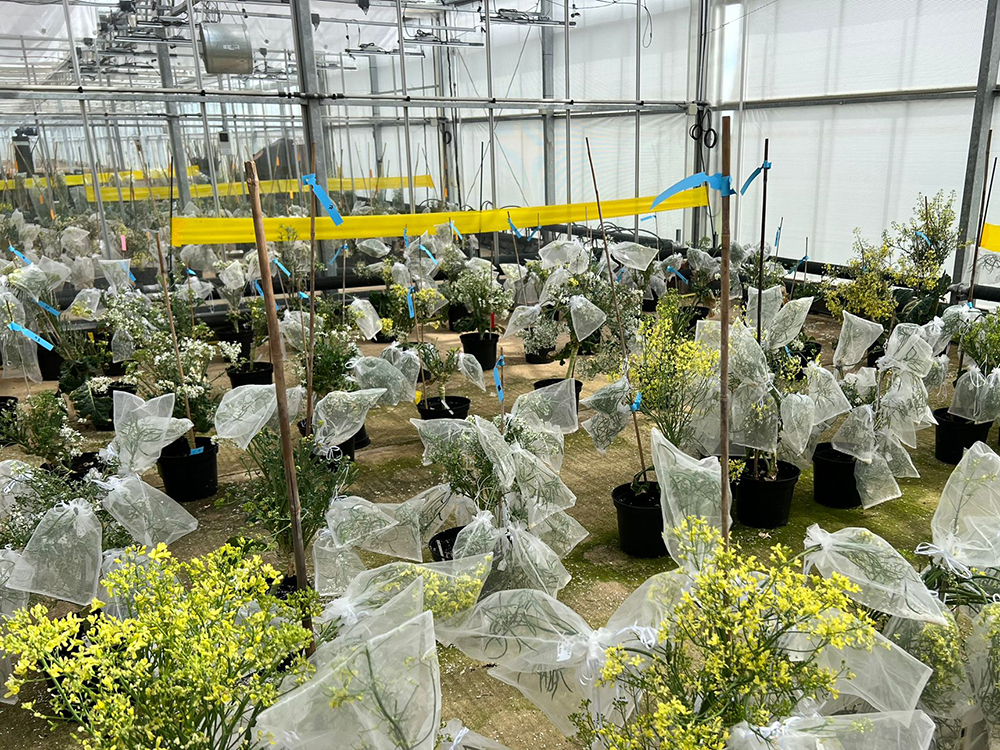
As we’ve found with other breeders, plant controlled irrigation is particularly apt when developing plants for seed production. In such instances plants are free to reach their full potential, against which crop production feeding regimes can later be aligned. The elimination of wastage and a reduced need for climatic controls also dovetails perfectly with Sakata’s commitment to sustainability.
| Monday | 9AM-5PM |
| Tuesday | 9AM-5PM |
| Wednesday | 9AM-5PM |
| Thursday | 9AM-5PM |
| Friday | 9AM-5PM |
| Saturday | Closed |
| Sunday | Closed |